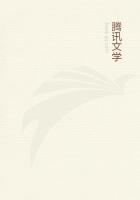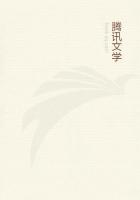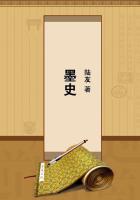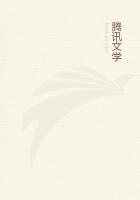Some thirty years before this time the heroic patriotism of the Corsicans, and of their leader Paoli, had been the admiration of England. The history of these brave people is but a melancholy tale. The island which they inhabit has been abundantly blessed by nature; it has many excellent harbours; and though the MALARIA, or pestilential atmosphere, which is so deadly in many parts of Italy and of the Italian islands, prevails on the eastern coast, the greater part of the country is mountainous and healthy. It is about 150 miles long, and from 40 to 50 broad; in circumference, some 320; a country large enough, and sufficiently distant from the nearest shores, to have subsisted as an independent state, if the welfare and happiness of the human race had ever been considered as the end and aim of policy. The Moors, the Pisans, the kings of Aragon, and the Genoese, successively attempted, and each for a time effected its conquest. The yoke of the Genoese continued longest, and was the heaviest. These petty tyrants ruled with an iron rod; and when at any time a patriot rose to resist their oppressions, if they failed to subdue him by force they resorted to assassination. At the commencement of the last century they quelled one revolt by the aid of German auxiliaries, whom the Emperor Charles VI. sent against a people who had never offended him, and who were fighting for whatever is most dear to man. In 1734 the war was renewed; and Theodore, a Westphalian baron, then appeared upon the stage. In that age men were not accustomed to see adventurers play for kingdoms, and Theodore became the common talk of Europe. He had served in the French armies; and having afterwards been noticed both by Ripperda and Alberoni, their example, perhaps, inflamed a spirit as ambitious and as unprincipled as their own. He employed the whole of his means in raising money and procuring arms; then wrote to the leaders of the Corsican patriots, to offer them considerable assistance, if they would erect Corsica into an independent kingdom, and elect him king. When he landed among them, they were struck with his stately person, his dignified manners, and imposing talents. They believed the magnificent promises of foreign assistance which he held out, and elected him king accordingly.
Had his means been as he represented them, they could not have acted more wisely than in thus at once fixing the government of their country, and putting an end to those rivalries among the leading families, which had so often proved pernicious to the public weal. He struck money, conferred titles, blocked up the fortified towns which were held by the Genoese, and amused the people with promises of assistance for about eight months: then, perceiving that they cooled in their affections towards him in proportion as their expectations were disappointed, he left the island, under the plea of expediting himself the succours which he had so long awaited. Such was his address, that he prevailed upon several rich merchants in Holland, particularly the Jews, to trust him with cannon and warlike stores to a great amount. They shipped these under the charge of a supercargo. Theodore returned with this supercargo to Corsica, and put him to death on his arrival, as the shortest way of settling the account. The remainder of his life was a series of deserved afflictions. He threw in the stores which he had thus fraudulently obtained; but he did not dare to land, for Genoa had now called in the French to their assistance, and a price had been set upon his head. His dreams of royalty were now at an end; he took refuge in London, contracted debts, and was thrown into the King's Bench. After lingering there many years, he was released under an act of insolvency, in consequence of which he made over the kingdom of Corsica for the use of his creditors, and died shortly after his deliverance.

